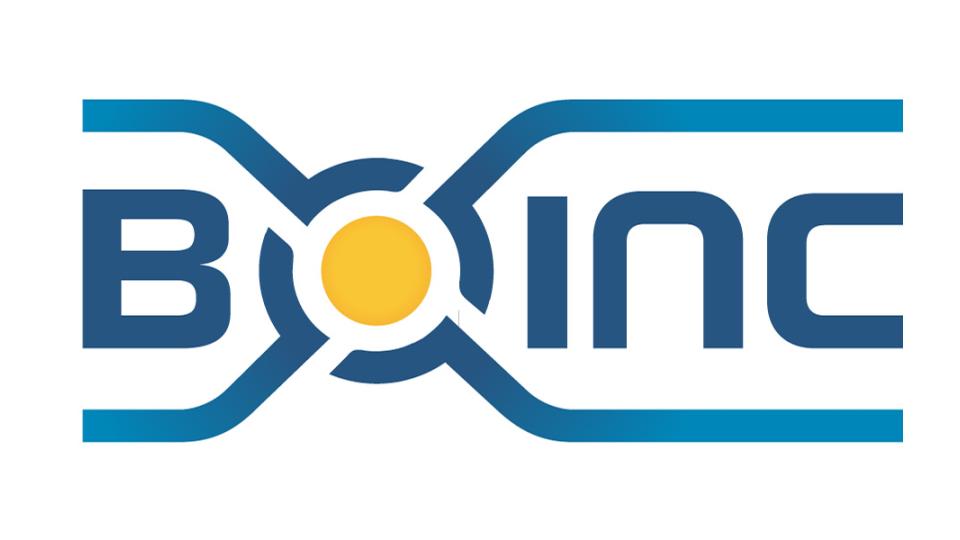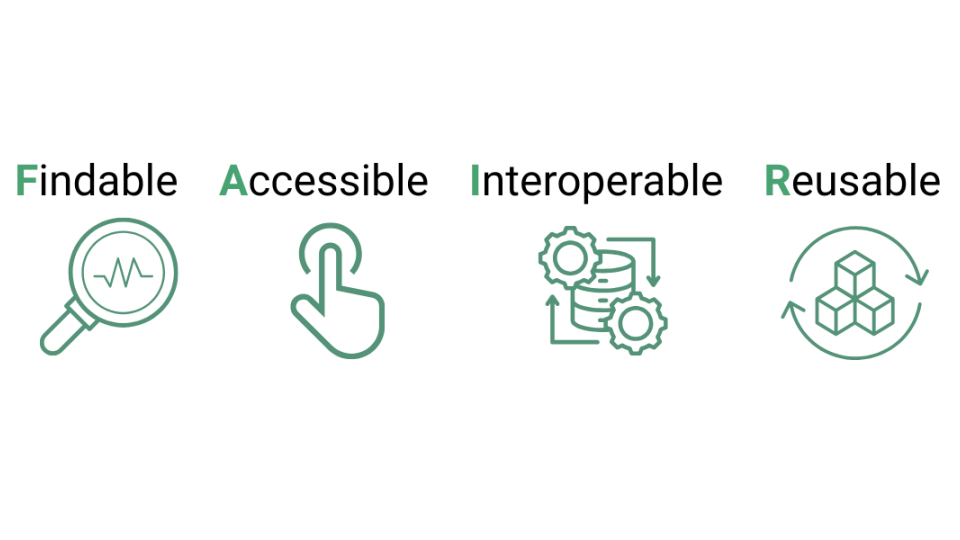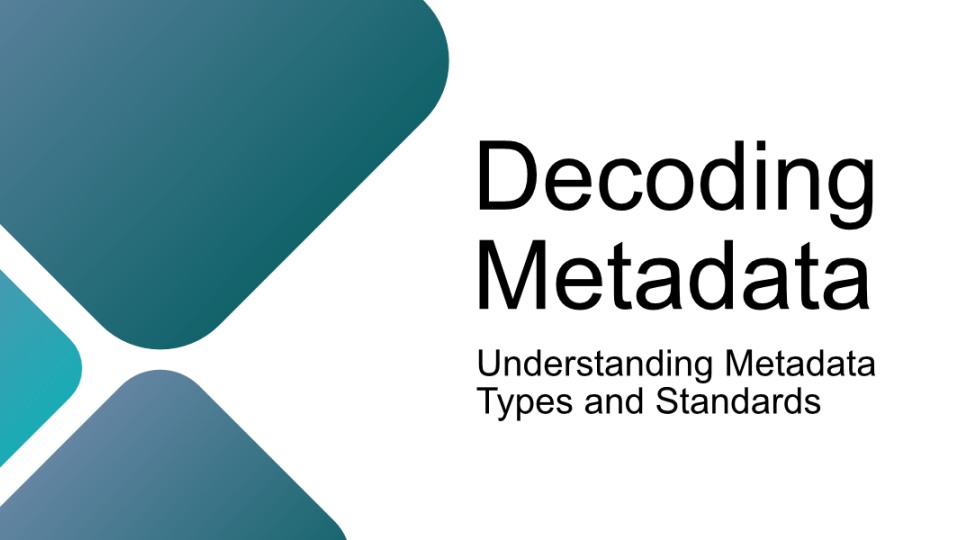The Berkley Open Infrastructure for Network Computing (BOINC) is an open-source software platform for computing that uses volunteered resources.
The BOINC platform was developed at the University of Berkeley and started in 2002. BOINC makes it possible to use the unused computing power of many thousands of computers available over the Internet or any Intranet.
This is done by means of projects which are mostly non-profit and supported by universities or other institutions. More than 30 projects are currently listed which you can contribute to.
Contributing to BOINC can be done in different ways: you can establish a connection with other contributors, promote volunteer computing, or help to translate the website of BOINC. More information on this can be found here.
How can it help me?
BOINC is distributed under the LGPLv3 open-source license. It can be used for commercial purposes, and applications need not be open source. It supports virtualized, parallel, and GPU-based applications. Whether you want to contribute to an existing project or wish to start your own project, you should visit the BOINC website and the corresponding GitHub repository.
How can I use it and what’s the benefit of it?
Projects using the BOINC platform are typically initiated by universities and research labs, but you can also run your own BOINC application.



